October 24, 2024

As an artivist, you are a voice for Malaysia's Orang Asli communities and the environment through art. Tell us how this journey began and where you received your formal art training.
My journey as an artivist began in the peatland area where I grew up, surrounded by the lush peatland forest. As a child, my friends and I would often play in the forest after school; it was our playground. However, when deforestation started a few years later, it took a toll on my mental health and motivated me to take action.
One of my strengths is art, so I began drawing and painting what I witnessed in my surroundings. My school teacher recognized my talent and encouraged my passion for art, which inspired me to pursue a career as an artist.
Unfortunately, deforestation continued. In 2002, another part of the forest was cleared for a development project. My friends and I tried our best to build a blockade to protest, but it ultimately failed because I needed to focus on my art studies at university. I vividly remember discussing the issue with my classmates and professors, who encouraged me to express the story through my artwork.
As I began to share my experiences on canvas, I noticed that many people became interested in the narratives I was painting. After graduating, I continued using my art to express what was happening around me. Through this journey, I have come to realize the powerful role that art can play in activism.
Tell us about your first hand experience with the impact of deforestation in Malaysia and how it shaped you as an environmental artist.
As an indigenous person, I feel the profound impact of deforestation. For us, the forest is part of our extended family. I remember my mother, who served as a midwife in our community, performing a ceremony in which the umbilical cord of a baby was buried under a tree. This tree would then be named after the baby, and as the tree grew, it would grow alongside the child, becoming a part of our family.
We believe that, like our family members, we must protect these trees from harm. When we witness the forest being bulldozed, we feel the pain that the trees endure, and sometimes we cry when we see a tree fall. Deforestation affects not only the environment but also the culture and belief systems of indigenous peoples, who are the frontline defenders working to protect and safeguard the forest. Despite having over 50% forest cover in Malaysia, threats of deforestation continue in the name of progress.

Tell us about your involvement with artivism network.
My first involvement with the Artivist Network was last year at COP28 in Dubai. A Malaysian activist friend of mine, Amalen, who is part of the organization, contacted me and asked if I was interested in participating in global-scale actions, particularly for COP28 in Dubai. So I was gladly accepted to work with talented artists from the USA and Europe. I was one of many artists responsible for creating banners and placards, painting props for the performance, and staging actions during the two weeks of the COP events. Working in a different climate and country than Malaysia was a fantastic experience, especially seeing our work published on the front page of international media. I am looking forward to being in Baku and contributing to COP29.
Tell us about your involvement with the Climate Heritage Network.
My involvement with the Climate Heritage Network was part of a group of artists who promoted culture and heritage in climate actions by presenting my papers during COP29.
Tell us about your involvement with SEACHA.
I had the opportunity to present my paper at the SEACHA event in Bangkok in 2022. Since then, I have been actively involved with the network, participating in various events, including COP28 last year in Dubai. There, I was invited to be one of the panellists and also presented my paper on the sustainable lifestyles of indigenous peoples. I also attended many of their public talk programs during the COP28.

How long have you been exhibiting at United Nations Climate Change Conferences and what is your artwork for COP29?
I did not exhibit any of my work for the United Nations Climate Change Conference.
Tell us about your collaboration with the Climate Heritage Network’s new Group of Friends of Culture-Based Climate Action at the UNFCCC.
I have just been accepted as a panellist in their program during COP29.
Do you participate in any Climate Week Conferences such as London Climate Action Week or Climate Week NYC or other climate change conferences in addition of the COP29 globally?
No, I did not. I would like to participate if I am allowed to do so.
How can people get involved with the climate change art organizations you collaborate with?
I believe people can participate by sharing our activities on social media to promote cultural workers in climate action.
Anything else you would like to add.
In the age of social media, it’s crucial to be aware of our surroundings, especially regarding environmental issues. We should strive to get involved in sustainability activities, such as forest restoration and programs led by Indigenous communities. As artivists, we must practice our freedom of expression in a democratic society. It's important to remember that our future generations will live on this planet, so let's protect it now. We need to ensure that our children inherit a livable world as part of our legacy as responsible human beings.

How can people reach you?
You can reach my email: [email protected] or you can find and add my social media at linktree: https://linktr.ee/ShaqKoyok
Regards
Shaq Koyok
https://linktr.ee/shaqkoyok
Tel: +6017 6206 802
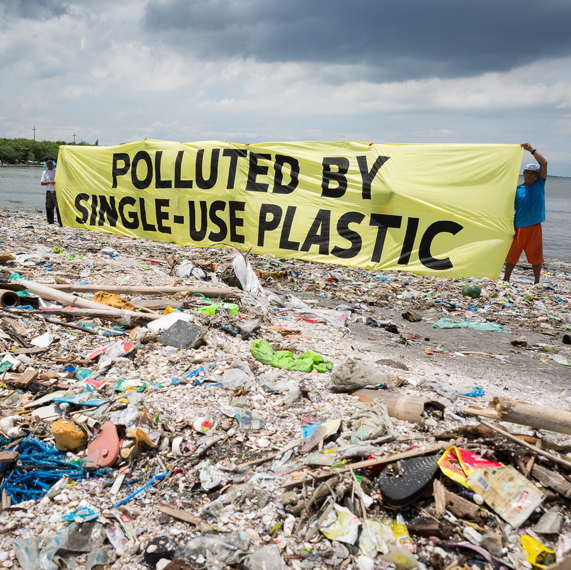
Why we need a UN Treaty on plastic pollution The Ellen MacArthur Foundation is a UK charity working on business, learning, insights & analysis, and communications to accelerate the transition towards the circular economy.
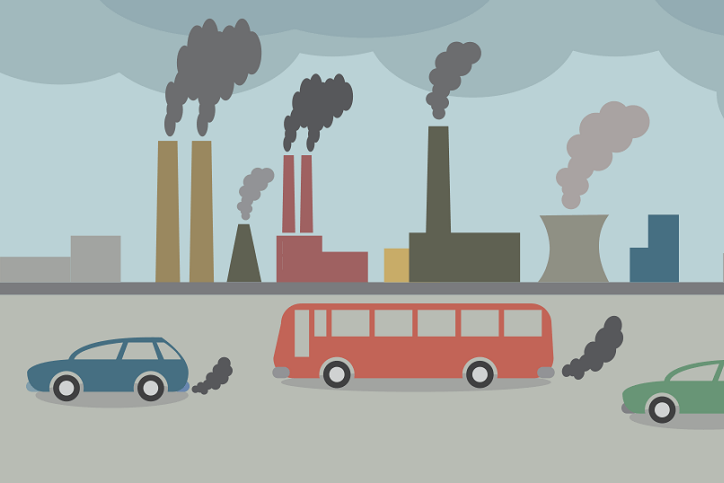
Air Pollution for Kids Air is all around us and we need it to survive.
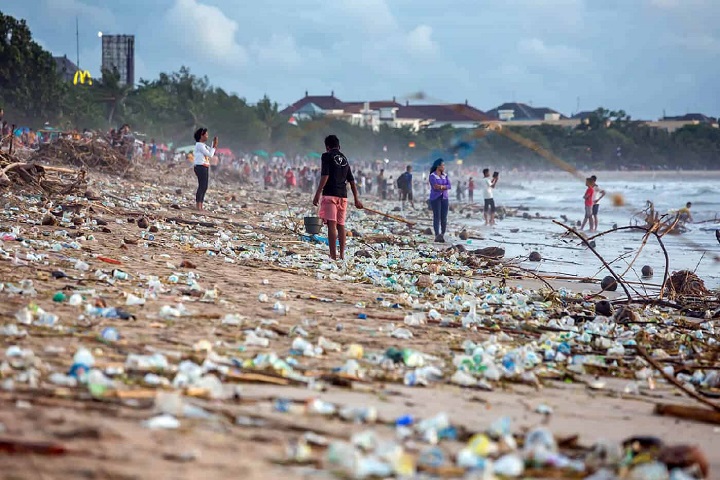
Why We Need to Stop Plastic Pollution? Our oceans are being filled and killed by throwaway plastics.
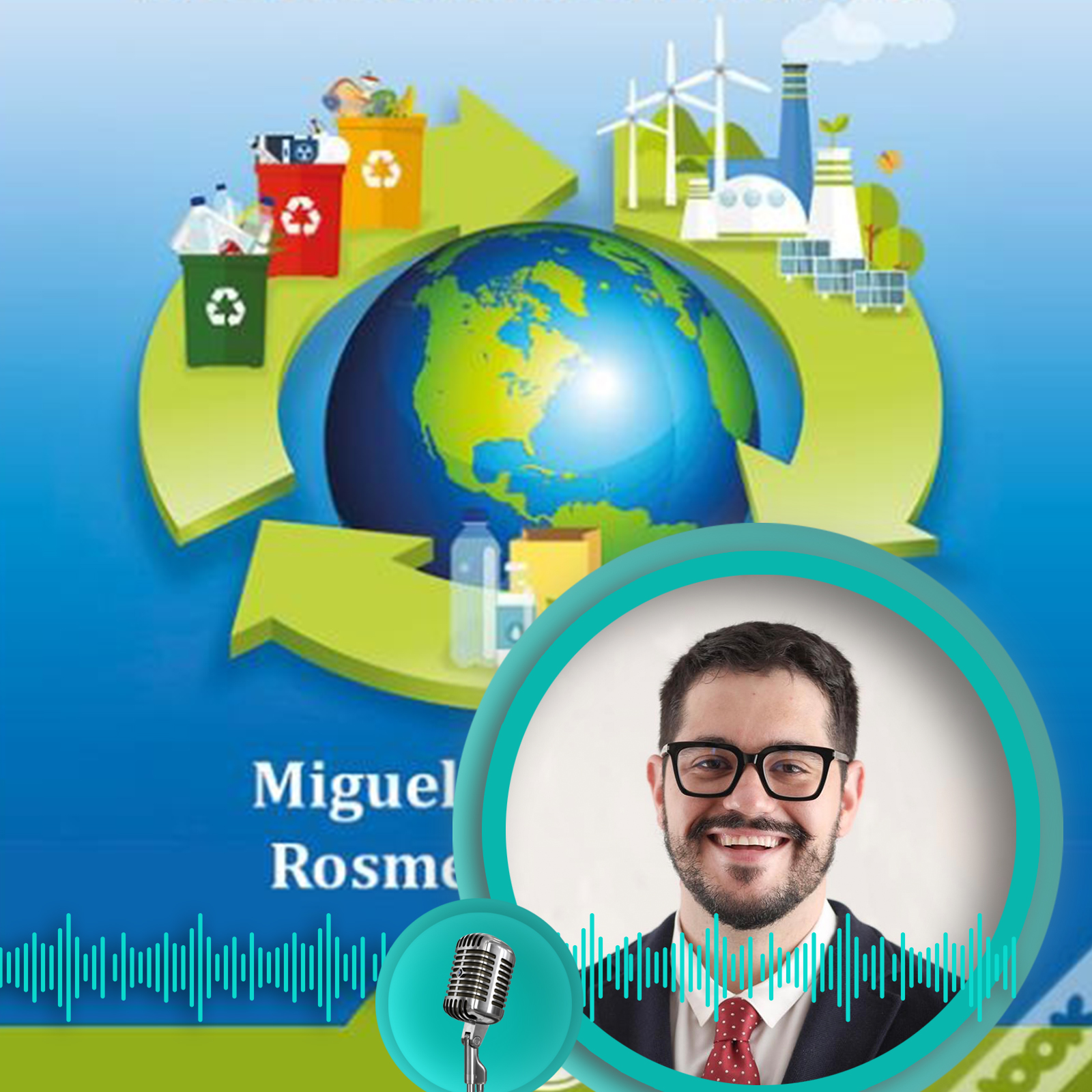
Climate Change, Ecological Crisis and Sustainability We are all agents for change in climate action.
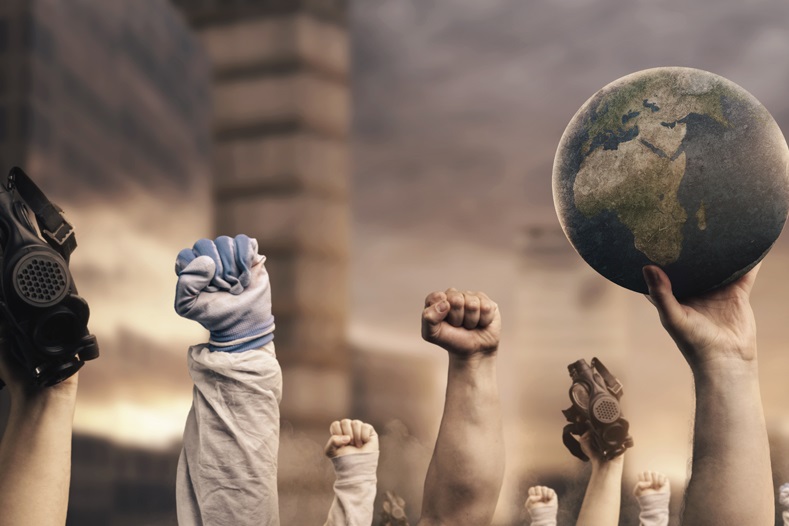
Climate Racism Climate Racism: Social Inequalities in the Age of Climate Change